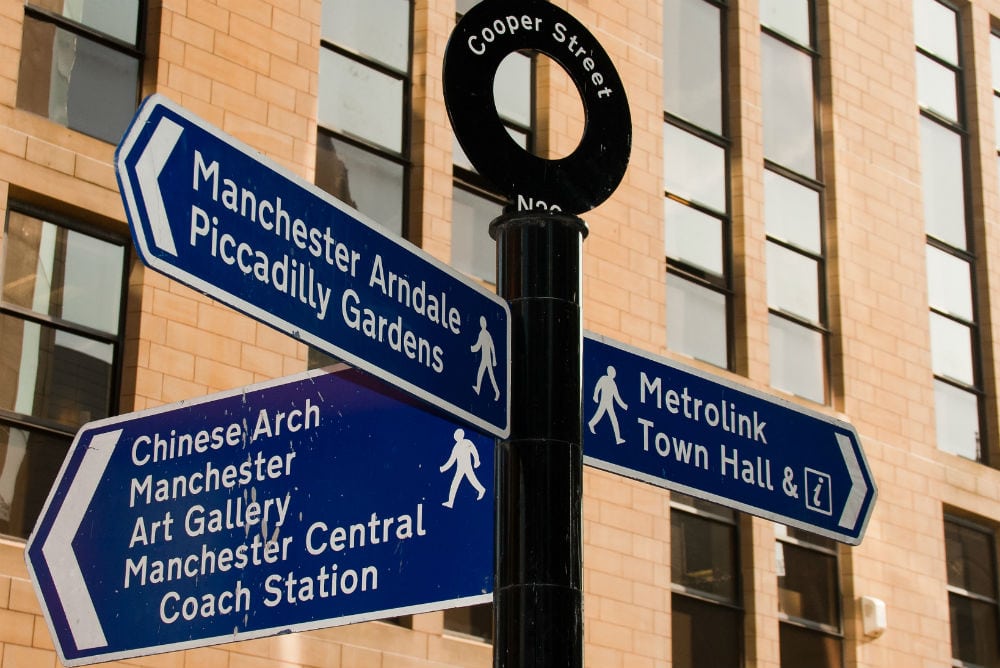It has been branded a ‘trailblazer’ for developing new models of care. George Osborne has described it as an “exciting development” in the vision for a “Northern Powerhouse”. A senior local government source has called it a “recipe for disaster”. Whatever your view, Greater Manchester’s devolution plans are certainly creating a bit of a buzz.
The formation of the Greater Manchester Strategic Health and Social Care Partnership Board announced this week is to oversee the commissioning of both health and social care services to the area. This is a significant move to pool budgets across the NHS and local government to deliver integrated care.
Up to £6 billon of commissioned services will include acute and specialised services, primary care, community and mental health services, social care and public health. Sounds a bit like integrated care without the barrier of ring-fenced budgets.
Doesn’t everyone favour more integrated care services? A coordinated approach can support the very obvious need to reduce re-admission levels for hospitals. Reports that more than half of A&E units in Greater Manchester are still failing the four-hour waiting targets confirm the demand for system changes across all care settings.
Comments from disgruntled HSJ readers questioning how the new system will be organised and whether the local devolution approach will favour heath or social care more. The stop-start ‘over-optimistic’ Better Care Fund has probably not helped this cause, with question marks over how much NHS money will be saved via investment in more out-of-hospital care.
Former health secretary Stephen Dorrell said last month that the fund was a step in the right direction – however different approaches would be devolved in different parts of the country as more money was pooled. Did he know something the rest of us didn’t?
The King’s Fund, a perpetual advocate for integrated care, welcomed the devolution plans, but pointed out that more details are needed about how the partnership will work in practice. It has a year until April 2016 to complete full devolution across Greater Manchester but much needs to be agreed by many stakeholders before then.
New care models featured heavily in Simon Steven’s Five Year Forward View, and will be a key driver for the devolution plans. The NHS England document provides real examples of emerging care models which have led to reduced emergency admissions and more effective management of long-term conditions. Greater Manchester is certainly showing ambition to lead on this front.
There is probably a lot of risk associated with devolution plans, but also much opportunity. It is a bold, but much-needed statement-of-intent for integrated care. Discussion and debate will continue. But until the devolution plans start delivering better outcomes, only then will it become an exemplar model for the rest of the UK. There is certainly enough intrigue at the moment to spot Greater Manchester’s neighbouring boroughs peering over other side of the fence to see what all the fuss is about.


